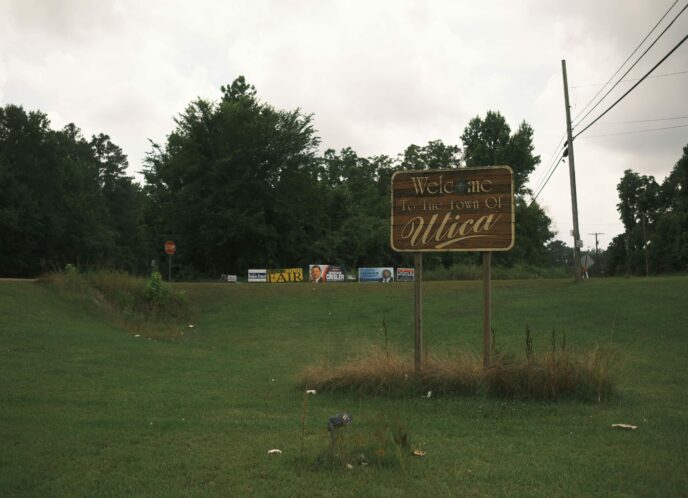Who else in our communities are organizing to make the Internet work for our people? In March, I attended Net Inclusion 2023, the National Digital Inclusion Alliance (NDIA)’s annual conference ready to find out who and where they are. The convening is a space where digital equity and digital inclusion practitioners and advocates who work at the grassroots level come together to learn, fellowship and share. As the person who works on ‘The Internet’ at MediaJustice (MJ), sometimes I feel like the action always happens at the federal or state level. But at MJ, we know that all real change begins within communities. Not outside and certainly not from above.
With the tens of billions of dollars that will soon be coming to states from the Broadband, Equity, Access and Deployment (BEAD) and the Digital Equity Act (DEA), two laws from the 2021 Infrastructure Investments and Jobs Act, there are more people active and involved in digital equity work at every level. Net Inclusion was evidence of this as conference attendance numbers doubled over the last year to over 800. I felt really lucky to have a squad with me this time in such a large crowd—friends like Community Tech New York, the Equitable Internet Initiative in Detroit, the National Center on Race and Digital Justice at UCLA, and Community Networks at ILSR. These are some of the same folks we worked together on our FCC comments in their digital discrimination rulemaking process, where we collectively advocated for a reparatory framework for addressing decades of redlining, discrimination and divestment from our communities.
I really love this group of people because a long-term dream for my work is to bring those who are focused on internet issues like the digital divide into community with those who work on other MJ issue areas like surveillance, algorithmic harms and carceral tech.
Typically, folks who work on getting people access to useful technologies like the internet and devices are not the same folks who are campaigning against facial recognition surveillance, automated license plate readers or data extraction and exploitation in their communities. And it’s also true that typically those working on justice-related campaigns, like local Defund the Police movements, aren’t usually also advocating for community centered solutions to close the digital divide. I recognize there are a myriad of reasons why our movements are siloed, but I’m energized by the opportunity to bridge these gaps.
During the conference, I gave a lightning round presentation highlighting this Digital Justice framework for attendees to rethink who they were working with, and more importantly, who they weren’t yet working with. Technologies, both helpful and harmful, are changing the shapes of our communities. Shifting our cultural and media landscapes. Making determinations about who gets resources and who gets targeted for state violence and oppression. Our people deserve to have agency about how we want to shape technology in our communities and how we want our communities shaped by technology.
So how do we shift folks from a digital equity or digital inclusion framework to a Digital Justice one instead? It starts conversation by conversation and it grows at the speed of relationship. While it will take time to get Internet advocates to consider tackling surveillance systems while they advocate for federal digital equity dollars, I’m willing to bet that as the Net Inclusion conference continues to grow, so too will our squad of folks focused on Digital Justice as a framework for our communities.


